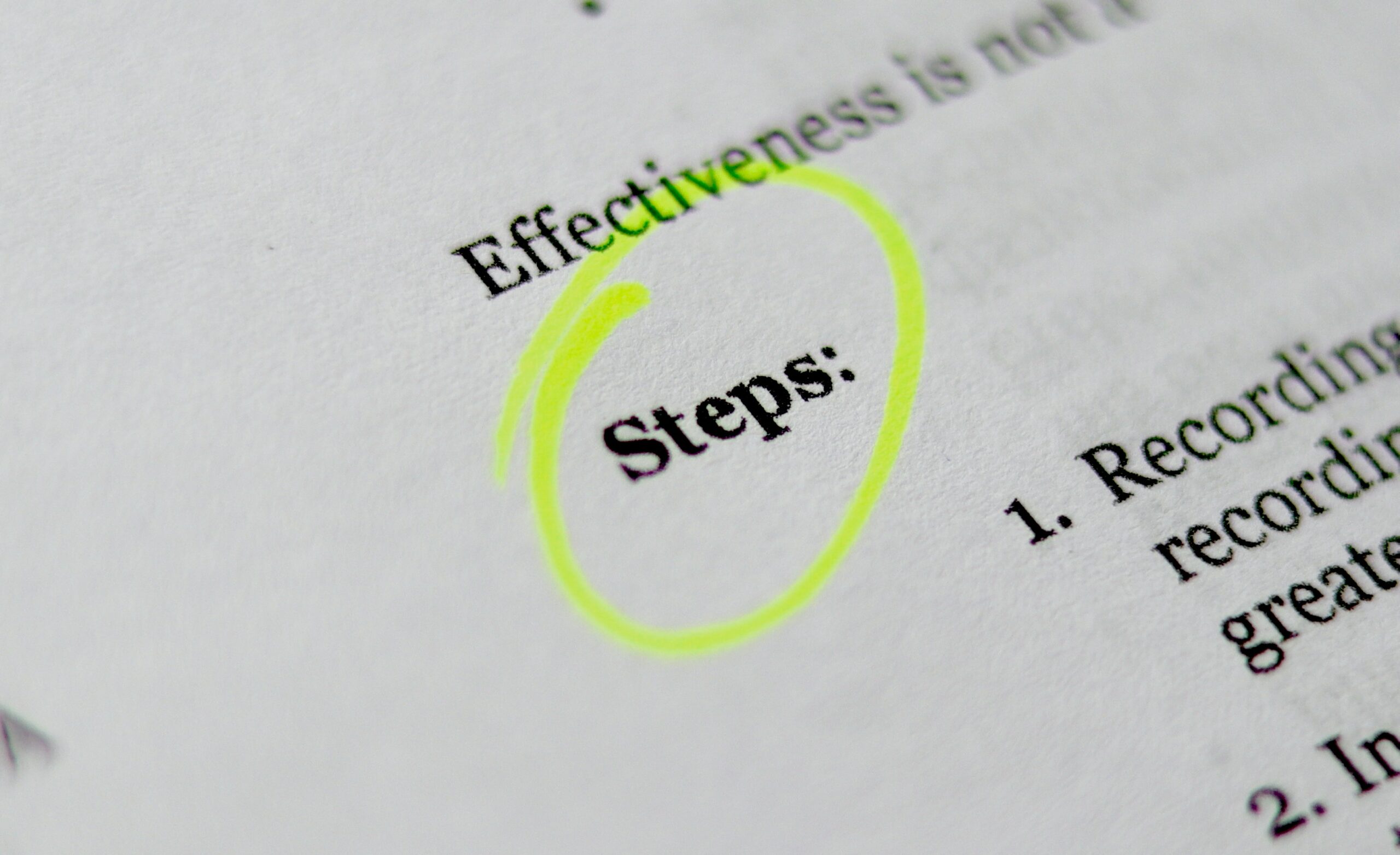How Do I Know if My Business Needs a Financial Controller?
A Financial Controller is one of the critical positions in a finance organisation, second only to FD and CFO; in large companies, especially publicly traded, the role is so wide and visible that it is not unusual for it to cover tasks that are typical of a CFO.
The volatility of today’s business environment, coupled with a shortage of resources (human and non-human) has put additional responsibilities on the shoulders of Financial Controllers but by the same token this has elevated their position, role, and visibility within a company.
It is fair to say that most companies with a turnover of more than 10m USD have at least an experienced Financial Controller on their roster, some even more than one to cover geographical areas or product lines.
What Is a Controller and What Is a Controller’s Role in a Company?
A Financial Controller is a financial leader responsible for the finance team, and their role revolves around regulatory compliance, financial reporting, provision of accurate financial reports, general accounting oversight and more frequently than not also being the owner of accounting systems.
They support the business owner/s, Finance Director, and CFO in strategic decision-making and in the definition, execution, and monitoring of financial strategy.
Depending on the size of the business, their role may vary; for example, in small size businesses they are likely to have other responsibilities such as IT and Human Resources functions. Whereas in large organisations they are part of the senior management team, and therefore involved in strategic business decisions with customers and suppliers exposure effectively operating more as a strategic partner than a typical custodian of financial records or a company’s lead accountant.
Financial Controllers are also responsible for maintaining a robust system of internal controls, safeguarding company assets, saving money, creating reports that include financial and non-financial information, engaging with external auditors and banks, and ensuring compliance with financial regulations.
When Do You Need a Financial Controller for Your Business?

Photo by Lukas Blazek on Unsplash
There is no right or wrong answer to this question as a lot will be dependent on the risk appetite of each organisation; however, there are several common factors that indicate a company will need to hire a Financial Controller.
It is fair to say that the below factors would apply mostly to small businesses as in today’s environment medium sized businesses and large-scale businesses are naturally equipped with Controllers.
Your Business Is Growing
As the business experiences significant growth opportunities, it will need a gatekeeper to safeguard the company’s assets and at the same time ensuring that the business grows without hindering traditional processes and controls.
Your Financial Reports Are Always Late or Inaccurate
If the traditional reports produced by the accounting system are no longer sufficient to give the business owners or the board a clear view on the performance of the business, then it is time for a Controller to step in and provide both financial guidance as well as upgrading the current ERP system if appropriate.
Another indicator would be that the reports required for the normal running of the business are constantly late or inaccurate and this is likely an indication that the current accounting team is overwhelmed by the requirements of the business.
You’re Concerned About Compliance
If your business is struggling to maintain a proper system of internal controls and there is a potential risk of fraud or misappropriation of resources, then given the background of most Financial Controllers, it would be suitable to have one.
The Controller will also automate manual processes to reduce the risk of errors.
You Don’t Have Time To Review Financial Reports
This point is valid for companies of all sizes; if a CFO or FD is spending too much time on the day-to-day operational finance activities, and such workloads hinders them from being a strategic business partner and running financial planning, then it would be wise to provide them with additional resources and hire a Financial Controller.
You’re Relying Too Heavily on Your Accountant
Once a small business owner has set a up a company, there may be the misconception that their Accountant will handle all the tasks required by the finance department. In reality, as the business grows, there will be an increased need for higher skills that complement the accounting department whilst providing strategic and business advice; and this would be the task of the Controller.

Photo by David Jones on Unsplash
The Financial Controller Job Description
Being mindful that a Financial Controller job description may be different from company to company, below is a list of critical tasks that one would expect to carry out in this role:
- Management of accounting operations
- Preparation and submission of financial statements
- Co-ordination of budget and forecasts
- Development and documentation of company’s accounting policies and company’s financial processes to maintain a robust system of internal controls
- Compliance with local regulations including federal income tax reporting
- Supporting key business users in financial decision making
- Management of the finance team
- Liaising with external parties such as external auditors, tax advisors, banks, regulatory authorities
- Financial reporting
Financial Controllers vs Accountants
Although the two terms are sometimes interchangeable in their usage, there are fundamental differences between the two roles:
An Accountant or Accounting Manager is mostly responsible for the maintenance of accounting records and historical transactions, and as such their role would be largely transactional revolving around accounting activities and company’s books. They would make sure that the basic function of finance is carried out such as issuing payment reminders to customers, filing taxes and complying with tax obligations (such as sales tax reporting), ensuring the accounts payable ledger is updated, posting month end journals and the various tasks required to complete financial statements at month end, reconciling bank accounts etc.
A Financial Controller role has a higher content of strategy; for example, whilst financial reports may be prepared by the finance team, it would be the role of the Controller to dissect them and provide insights in terms of financial position and business administration.
The emphasis here is on the interpretation of financial data and financial advisory.
Financial controllership also involves responsibility for internal control systems, that is business processes and procedures that protect business finances. The development of policies and processes as well as the blueprint design of ERP systems would also fall in the Financial Controller’s role.
Although both roles require an accounting background and qualifications (such as a bachelor’s degree and certified public accountant qualifications), in summary a Financial Controller is a business advisor (whether to the board, to owners or even to venture capitalists).
Photo by ThisisEngineering RAEng on Unsplash
Understanding Financial Controllers
For a company that is currently considering whether they want to hire a Controller, it is important to understand the skill set and the benefits they bring to an organisation.
Leadership skills: Due to the nature of the job, and the fact that they lead the accounting department, a Controller will possess a leadership style that would complement the board or owners. Many small business owners can therefore depend on Controllers for financial insights and focus their strengths on developing the business.
Communication skills: The level of communication skills that a Controller brings to the table is a notch above that of a traditional Accountant. The Controller will be able to liaise at all levels across multiple departments and therefore clearly explain company financial strategy to non-finance users.
Critical Thinking: A Controller is an advisor, and as such their role is to give a “meaning” to numbers; address potential shortcomings, and provide a view of financial statements that go above and beyond a set of numbers.
IT Skills: Whether it is in the use of artificial intelligence or knowledge of the latest financial tools, by virtue of being the gatekeeper in safeguarding the company’s assets, a Controller will play a critical role in assessing and potentially eliminating manual processes using technology.
Risk Management: By virtue of their “bird’s eye view” the Controller will be able to identify and address significant risks inherent in the company’s processes, whether it is cash flow risk, fraud or misappropriation of company assets.
Development of Financial Policies and Processes
 Photo by Clayton Robbins on Unsplash
Photo by Clayton Robbins on Unsplash
Once a company reaches a certain size (for example a USD 10m turnover), then it will become critical to have policies and procedures in place that both enable business growth whilst at the same time accepting the need for accuracy and controls.
Financial Controllers are usually expert in developing such policies as a result of their experience, skills and qualifications.
Whether it is an expense management policy, discretionary authority limits or a full set of accounting policies, a Controller will put all that in place, de-risking the business and allowing owners or board to focus on what they do best, that is growing the business.
Financial Reports To Address Company’s Finances
Standard financial reports can be produced by an Accountant through an ERP system; however Financial Controllers will complement those, and likely develop additional non-standard reports that will benefit the board or the owner and add further “flavour” into understanding a company’s finances.
Management of Financial Staff

Companies that have their own accounting department, rather than simply relying on external Accountants, will need a leader to drive the finance organisation.
Financial Controllers lead the finance organisation by setting targets and deadlines and making sure that the accounting team works efficiently and effectively. They also develop the skills of the current accounting department making sure that resources are appropriately allocated.
Outsourcing a Financial Controller
Despite the critical nature of the role, it is not essential to have a Financial Controller on a company’s payroll. Small size businesses may have the need for a Controller but not have the resources to be able to afford one.
Over the last few years an increasing trend has emerged for “fractional” finance leaders, such as a Virtual Controller or Virtual CFO.
This trend has immensely benefitted small businesses by giving them access to highly skilled resources without the need to pay premium wages that would distort the internal salary structure.
As such, outsourcing a Controller is also an option; and a great one especially for a small company; whether it is part time, or one or two days a week. Access to their skill set for a fraction of the cost is therefore an attractive value proposition.
Financial Controller vs CFO
There can be ongoing debate as to whether to hire a Controller or CFO, and in some instances each role can be covered by the same person.
Whilst large organisations will be equipped with both, small scale businesses may have to decide which one they would prefer.
The choice usually revolves around what the need is: A small start-up organisation that needs to raise capital and entertain investors is more likely to go for a CFO rather than a Financial Controller.
A “same size” organisation that is either part of a larger group or internally funded may not require a full-scale CFO but rely on a Financial Controller until they reach say a turnover of 50m USD or more.
Are Financial Controllers Higher Than Finance Managers?
The answer to this question is “yes but it depends”; conventional wisdom suggests that a Financial Controller occupies a higher position than a Finance Manager who normally reports to the Financial Controller.
Due to the nature of the role and the skill set highlighted above one would expect a Financial Controller to sit below the FD or CFO and above a Finance Manager in an organisational structure.
In most organisations however, it is not unusual to come across Finance Managers that have a Financial Controller reporting to them. Hence this is why it is important, if the choice is to hire a Controller, to ensure that the job description is worded correctly emphasising what the business needs to attract the right candidates.
If you’re looking for your next job role in finance and accountancy, then Send Us Your CV, or Search Jobs to find out about the roles we currently have available.
Similar posts:
How To Become a CFO, How To Hire a Financial Controller, What Does a Financial Controller Do in Accounting? What Is the Difference Between a CFO and Financial Controller? What is a Controller in Accounting?
Job Seekers
On the hunt for your next role? Upload your CV below and we’ll be in touch to discuss your requirements.
Employers
For employers seeking the right skills and cultural fit for your business, send us your vacancy to find out more about how we can help.
Submit CV Send Us Your VacancySearch Jobs
Popular this week
- What Qualifications And Skills Are Needed To Be An Accountant?
- How Does Industry 4.0 Differ From The Previous Generation?
- Agile For Accountants: Six Steps To Provide Necessary Tools And Relevant Processes
- What Are The Main Differences Between ACA and ACCA?
- What Are The Top Five Financial Accounting Facts For #AccountantsDay
 Photo by
Photo by 